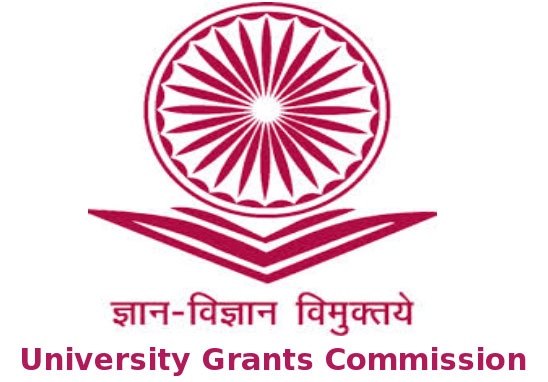Intersectionality Matters
Studying the contradictory effects of media development through women radio journalists in Burkina Faso
Keywords:
media (for) development, gender, women, journalists, voice, protection, proximity radioAbstract
Gender perspectives in media development are common in grey literature produced and promoted by media development actors. Yet, academic research investigating gender dimensions in media development practice and discourse remains scarce. This paper wants to contribute to filling this gap. The empirical data results from my PhD field research with women journalists in proximity radios in Burkina Faso. Based on the perspective of women journalists, the study gathered transversal data that sheds light on how they experience and perceive media development activities. The data was collected in 2019-2021 through interviews and audio diaries with a total of 10 female journalists. This paper examines media development activities and their effects on women journalists’ lived experiences. The analysis uses an intersectional lens to grasp the interdependences of different power structures. Findings show how media development interventions might have both positive and negative effects on women journalists’ everyday life. As such, media development activities shape the power structures within the media environment, enabling and restricting women journalists’ access, interaction, and participation in content production and decision-making. The data also shows how the security situation in Burkina Faso affects women journalists in a different way and sheds light to blind spots in the efforts of NGOs to incorporate gender dimensions in their approaches. The analysis reveals the complexities in which media development interventions at times challenge and reinforce existing inequalities in the media sector.




